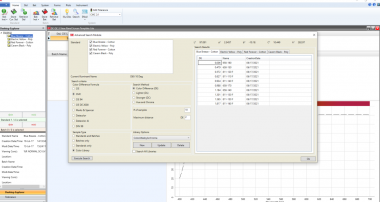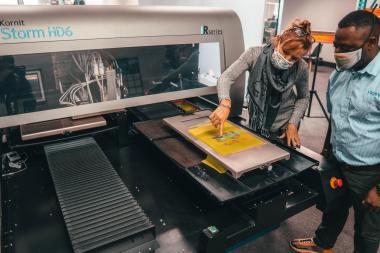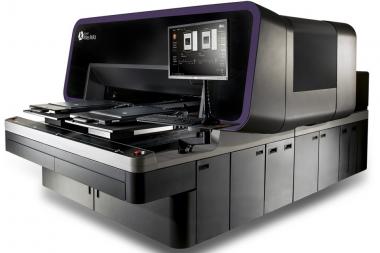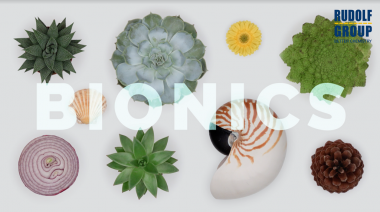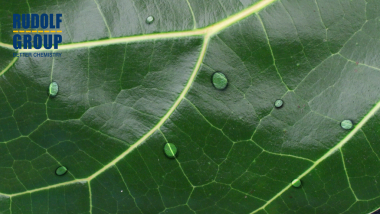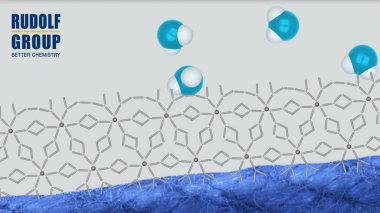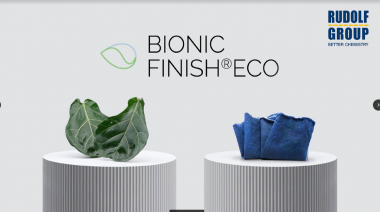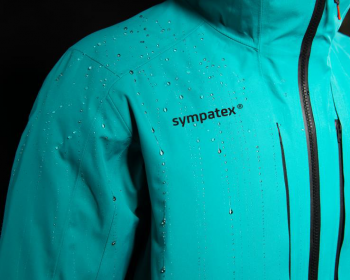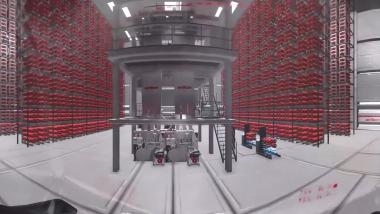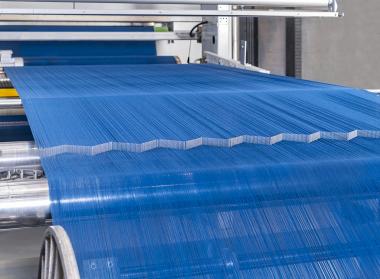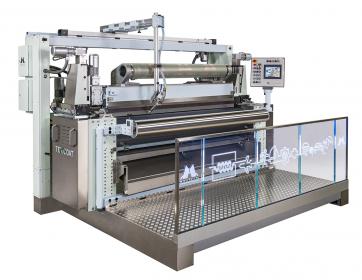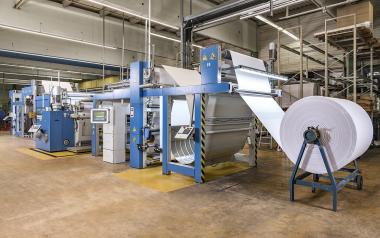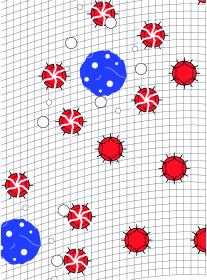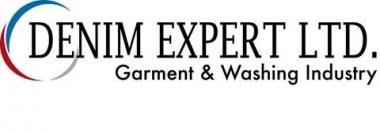ISKO launches woven compression technology
ISKO introduces ISKO RHEACT™ – a patented, cutting-edge garment manufacturing solution designed to improve everyday living and physical wellness for everyone, through the proven benefits of woven compression.
Building on the exponentially growing trend for wellbeing products in many consumer sectors, ISKO has leveraged its expertise in developing innovative technologies to create ISKO RHEACT, its own wellbeing product for the apparel industry. Available exclusively to ISKO’s trade partners, ISKO RHEACT is extremely versatile and suitable for use in a variety of consumer sectors, from lifestyle, to fitness and workwear.
ISKO RHEACT stands out for its woven, gradual compression technology that helps boost the energy of the wearer through improved blood flow. It also provides a micro massaging effect by varying pressure in different areas of a garment. ISKO RHEACT is superior to knit compression as it works for up to 12 hours (compared to 3 hours) for any type of lifestyle – whether it’s taking a long-haul flight, lounging at home or during or after a workout where it helps with warming up before exercise and improves post-workout recovery. From a consumer standpoint, this translates to a garment that wears like a second skin, is durable, works to focus the mind, sharpens the senses, and energizes the body.
ISKO RHEACT products are certified by the independent Hohenstein Institute (Bönnigheim, Germany) and have received the endorsement of many physicians for their health and wellbeing benefits. They are also acknowledged by the US Food and Drug Administration (FDA) as general wellness products as per section 513(g) of the FD&C Act.
ISKO / Menabò Group












